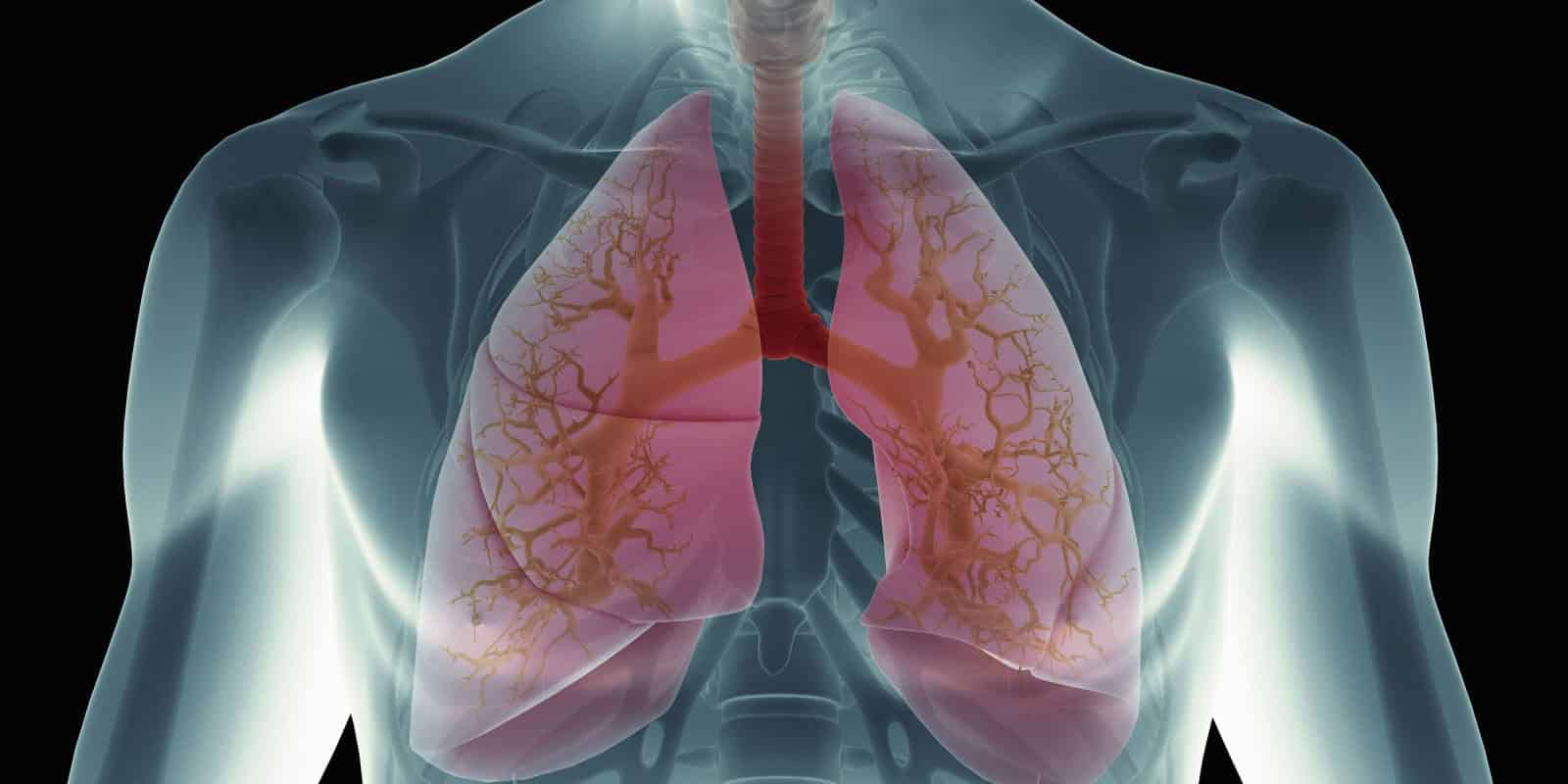A Diagnostic Blood Test for Adenocarcinomas on the Horizon
Lung adenocarcinoma accounts for about 40% of all lung cancers. It tends to grow more slowly than other kinds of lung cancer.
These cancers start in early versions of the cells that would normally secrete substances such as mucus. This cancer occurs mainly in current or former smokers, but it is also the most common type of lung cancer seen in non-smokers. It is more common in women than in men, and it is more likely to occur in younger people than other types of lung cancer.
“More than one in five lung adenocarcinomas have alterations in the KEAP1/NRF2 pathway, suggesting it is a major cancer driver,” says Kate Sutherland, co-lead on the research. “These cancers are very aggressive, are resistant to standard therapies and have a poor prognosis, so new therapies are urgently needed.”

The new study focused on the role of two cell signalling pathways – KEAP1/NRF2 and PI3K – which are known to be involved in human
lung cancers called adenocarcinomas; this discovery could soon help to identify patients with a particularly aggressive type of lung cancer that are likely to respond to immunotherapies currently used in the clinic to treat other cancers.Institute cancer researchers Dr Sarah Best and Dr Kate Sutherland led the research, working with colleagues at Metabolomics Australia at the Bio21 Institute, University of Melbourne.
“This is extremely important because these tumours are chemotherapy and radiotherapy resistant, meaning there are effectively no current treatments for these patients,” Dr Best said.
“Using preclinical models, we showed for the first time that these tumours have the ‘markers’ that respond to anti-PD-1 and anti-CTLA-4 immunotherapies, which are some of the most exciting new cancer therapies being investigated in the clinic. But more importantly, we showed that these immunotherapies were effective in fighting the tumours and leading to tumour regression in our preclinical models.”
Dr Best said the research showed that non-stop signalling caused by mutations in the KEAP1/NRF2 and PI3K pathways caused lung adenocarcinomas to develop.
“This is the first time anyone has shown that these alterations directly cause lung adenocarcinomas. With this knowledge, we can further investigate how targeting those pathways could lead to therapies for these aggressive and hard-to-treat cancers,” she said.
“Our hope would be that the test could identify patients likely to respond to immunotherapies, but also that it could be a simple, non-invasive blood test for the early detection of these lung cancers. The next steps would be to analyse human samples to prove the same is true in lung adenocarcinoma patients, but we need more funding for that work to continue and to generate results that will lead to better detection and treatments for the community” said Dr Sutherland.






























